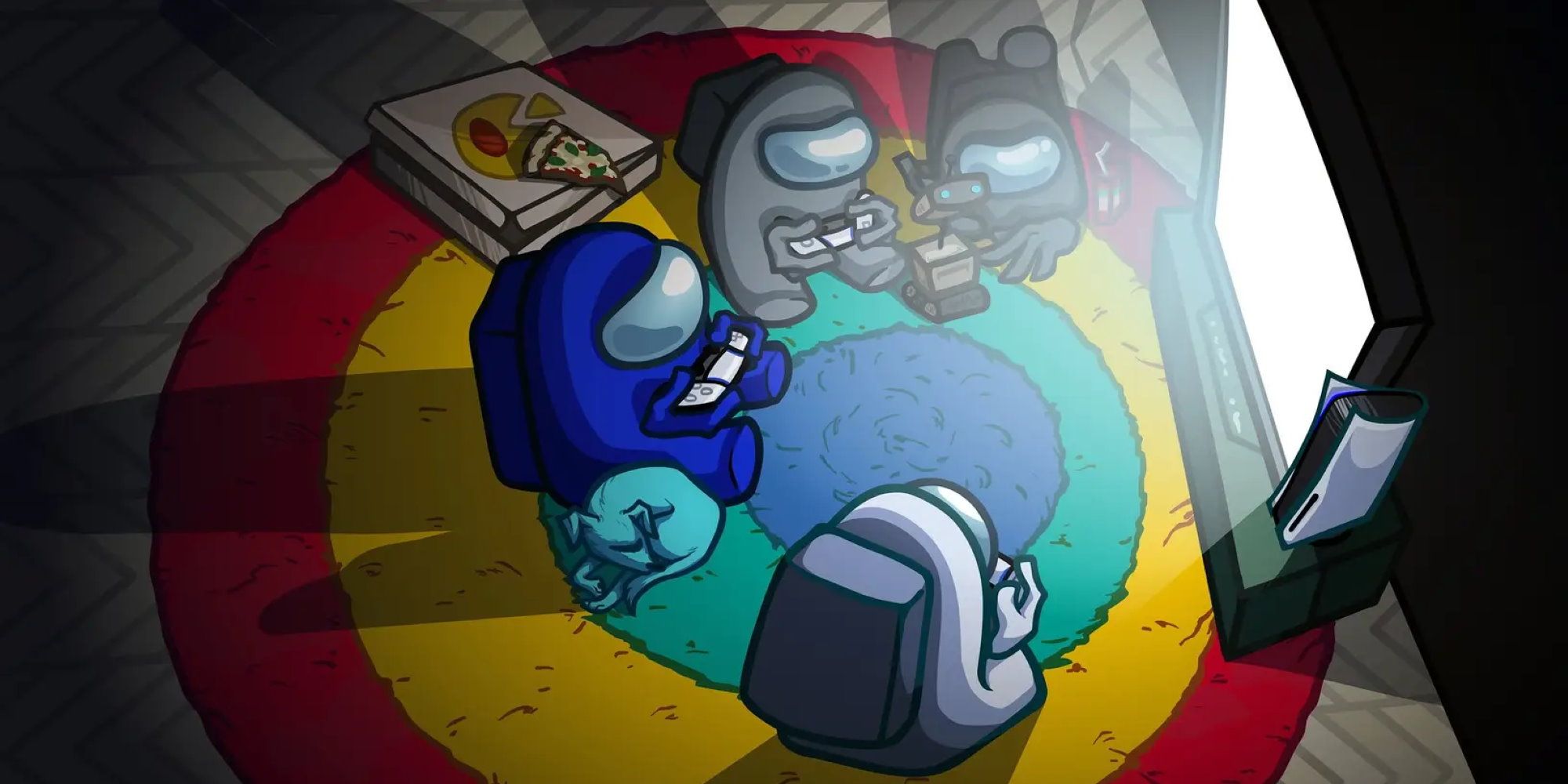The viral word game Wordle, which is wedged within the purview of The New York Times now and forever (until the inevitable construction of a paywall), has already been delved into, discussed and dissected by internet writers and players several times over. Why is it so successful? How did it gain widespread popularity? What’s the best starting word for the game—and why? Fortunately, YouTuber Grant Sanderson has informed us what that best word is—backed by maths and information theory—and that word is- nah, I’m not going to tell you. Because why would you want to have an easier and much more optimised game, when part of the fun is to figure out and fumble through your guesses?
(Besides, the best first word is “farts”. Although that may eventually be considered a “bad” word by The New York Times. Unfun!)
Yes, fun. Part of the appeal of games is their sheer fun-ness, the ability to elicit positive or potent emotions in their players, and the mechanical and thematic features that course through their underlying structure. Fun is sacrosanct to games; it’s the one of the first few things that players ask about when a new title is unleashed into the wilderness. We ask ourselves several questions: Just how mechanically deep is the game? How many hours of fun can the game afford me? How much fun—and value—can my high-end PC rig or console squeeze out of this title? How can I ensure that I get the most amount of such fun in the upcoming hours, days and months?
Approaching games under the framework of ‘fun’ has been the de facto lens we looked at the medium for several years now. The problem, however, is that quantifying the fun in games isn’t easy. Unlike the Michelin Guide for food, there hasn’t been a clear, universal barometer for the ‘funness’ of games. A game that’s ‘fun’ for TheGamer may not be as ‘fun’ for another site. In fact, even within TheGamer, two different writers may have differing ideas of ‘fun’. It’s a legitimate problem, for sure, because how then will we truly and objectively understand what makes a game F-U-N?
Isn’t that a fun thought experiment? It is to me, at least. That’s why I’ve decided to come up with some criteria that will surely be an accurate measurement of ‘fun-ness’ for games—one that I believe my fellow journalists and critics will be able to vibe with.
Fun is competition
What’s the point of fun and games when there are zero elements of competition in them? That’s why some of the best games have high scores that you can wield for bragging rights, and why games that can deliver a keen, acute test of dexterity, strategy, endurance and sheer finger fleetness are incredibly fun—it’s how you can trash your friends in games and show off your clearly superior skill. That’s why battle royale games like Fortnite and PUBG are fun, and Firewatch is trash—there isn’t even a scoring system in the latter. What’s the point?
Fun evokes good, positive and potent feelings
Any game worth its weight in the pure, hard cash you’re handing over to the hands of hungry developers needs to make you feel darn good. The best games are pure power fantasy—think God of War, Mass Effect, Skyrim, and Doom—where you get to crush the skulls of lesser beings under your boot as an omnipotent, God-like figure. Fun is also associated with positive feelings like overcoming adversity, besting difficult challenges, and recognising references from popular culture, because it demonstrates how pop culture-savvy you are. Games about hopelessness, sadness and all that jazz have no place in the fun, topsy-turvy world of games!
Fun is mechanically complex
One of the most mechanically complex and punishing games to be released this year, so far, is Sifu—a game that some people have told me is fun. The whole point of the game is to punch down a deluge of baddies who have killed your father/Sifu, like you would as an ass-kicking kungfu master. And after dying repeatedly over the course of eight hours or so, I couldn’t help but agree. Then there’s Bloodborne and the entire Soulslike genre, which is renowned for mechanical difficulty, or others like Cuphead and Super Meat Boy. All these are incredibly fun. Conversely, simpler games like Among Us and Untitled Goose Game are much less so!
Fun is cinematic
We all know games that are in love with cinema—Death Stranding, Until Dawn, Quantum Break, and yes, Sifu again—as they weave the language of film and movies into the virtual spaces of their games. But games are, of course, more interactive than films, and that’s why games that can smartly incorporate the best of games and movies are understatedly, but undoubtedly fun. Cutscenes that wrestle the controls and your gaze away for moments, only to return them to you several moments later are fun. Games that employ cinematic editing to bring out the height of emotions in specific, sometimes unrelated scenes are fun. Games that make references to iconic scenes in classic movies are fun, fun, fun. Games that aren’t like movies? Hollow Knight. You know what that means!
Fun is when good visuals and soundtracks collide
I’m talking about games that are high on graphical fidelity, backed by highly dynamic worlds and a stirring, orchestral score that transports the player to another realm. The fact that they are like movies you can play in makes them extra authentic and fun, too. This is why most triple-A games are unspeakably fun; they have the right technology and budget to render virtual worlds on an ultra photorealistic level, and the capacity to reproduce finer details that were once too difficult to replicate, like a character’s hair, skin and eyes. Games with less details than these—like Hotline Miami, Minit, and Night in the Woods—simply cannot compare, making them much less fun!
Fun is apolitical
Black characters in games? A cast exclusively made up of non-white folks and people of colour? I did not play games to be reminded of the interweaving of politics in real life, damn it (unless they take place outside in mythical places like Japan and China, or are made by white developers). That’s why games like Detroit: Become Human, Far Cry, The Division, and Among Us are simply the most fun games ever.
Judging by these same criteria—which is definitely not arbitrary, I can assure you—I can also conclude that the viral word game, Wordle, is unbearably unfun. No high-fidelity graphics? No complex mechanics? No cinematic influences? I’m sorry, The New York Times, but I think you may have wasted your money on this frivolous investment.

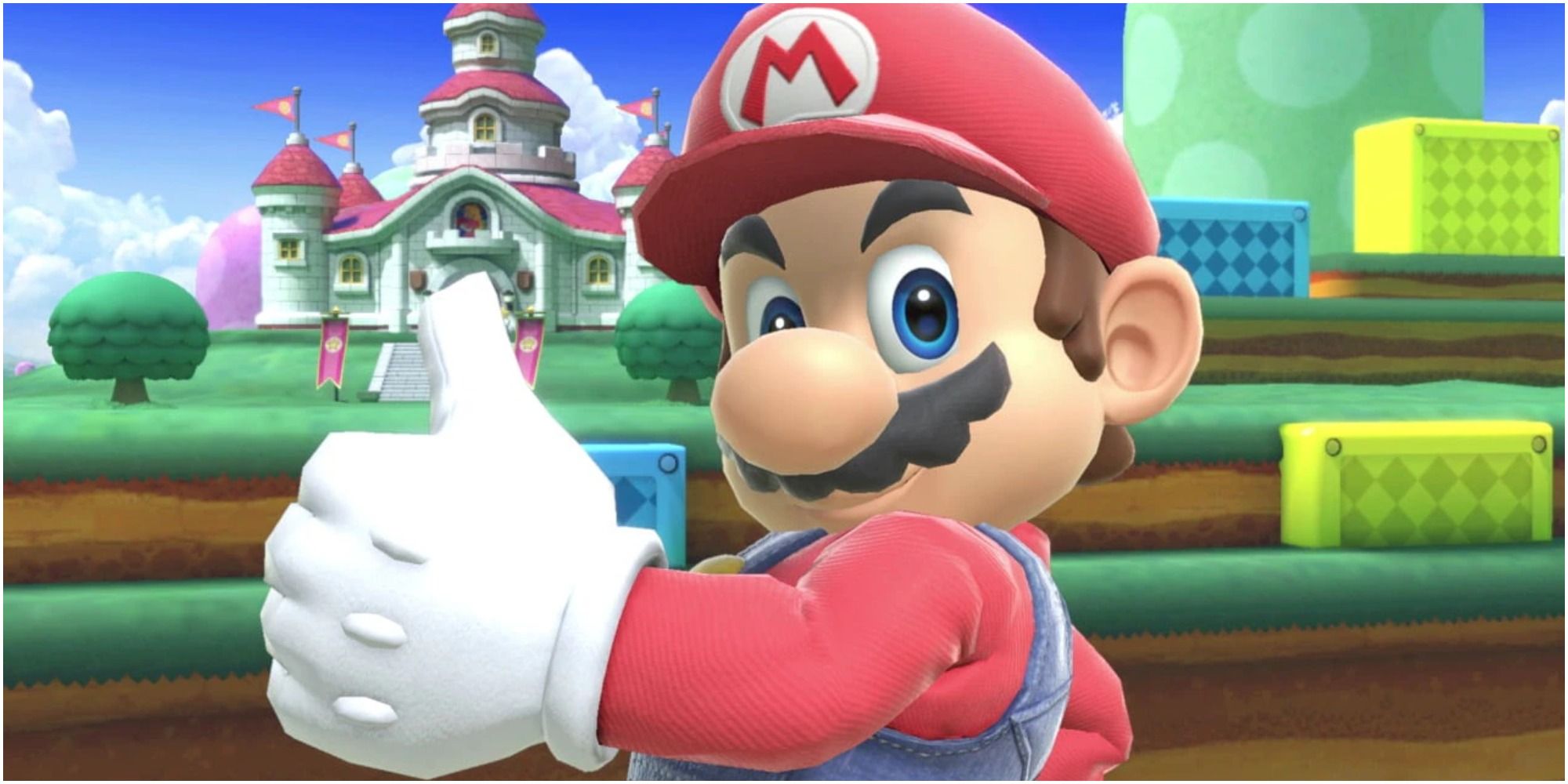
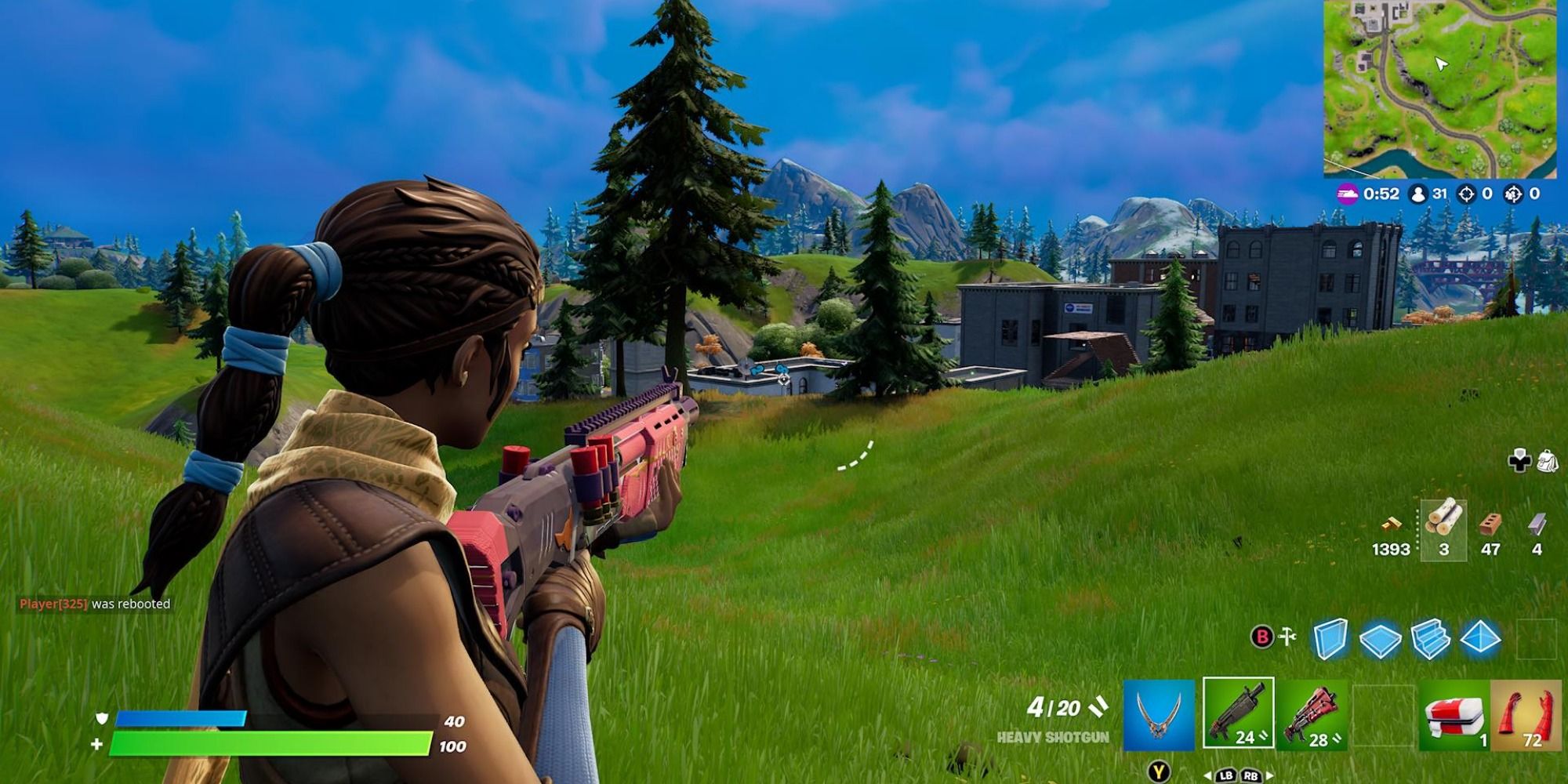
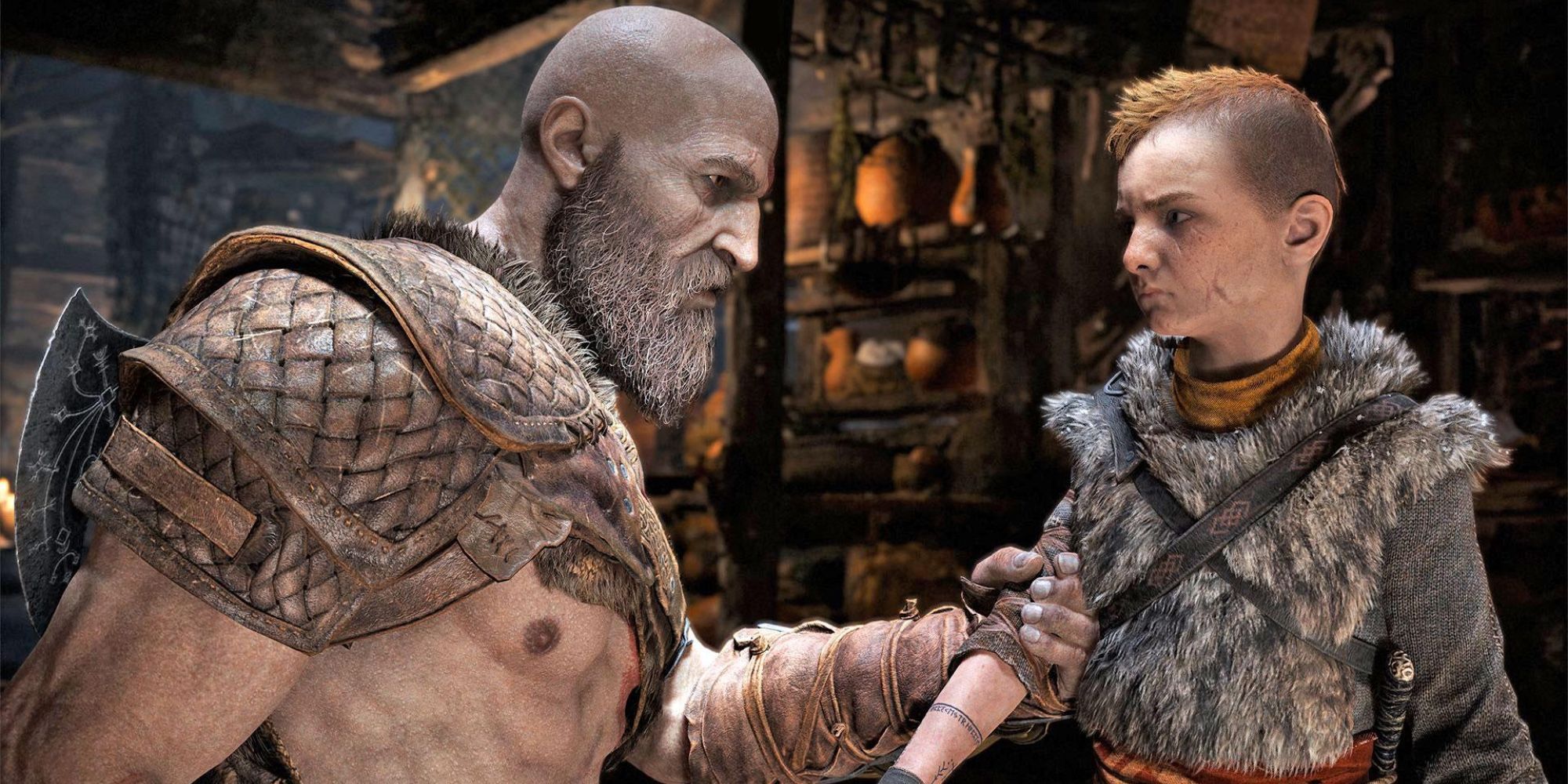
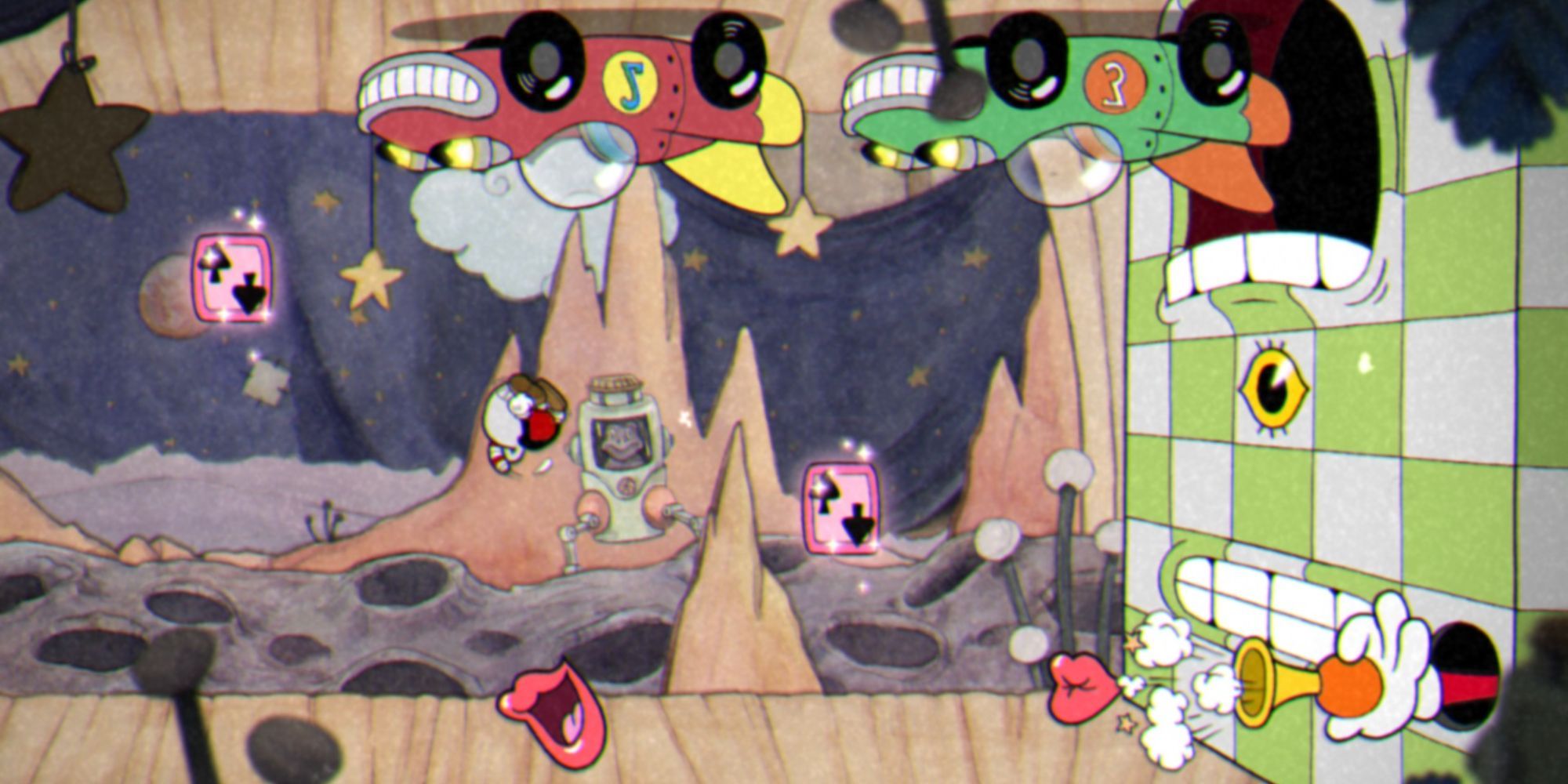
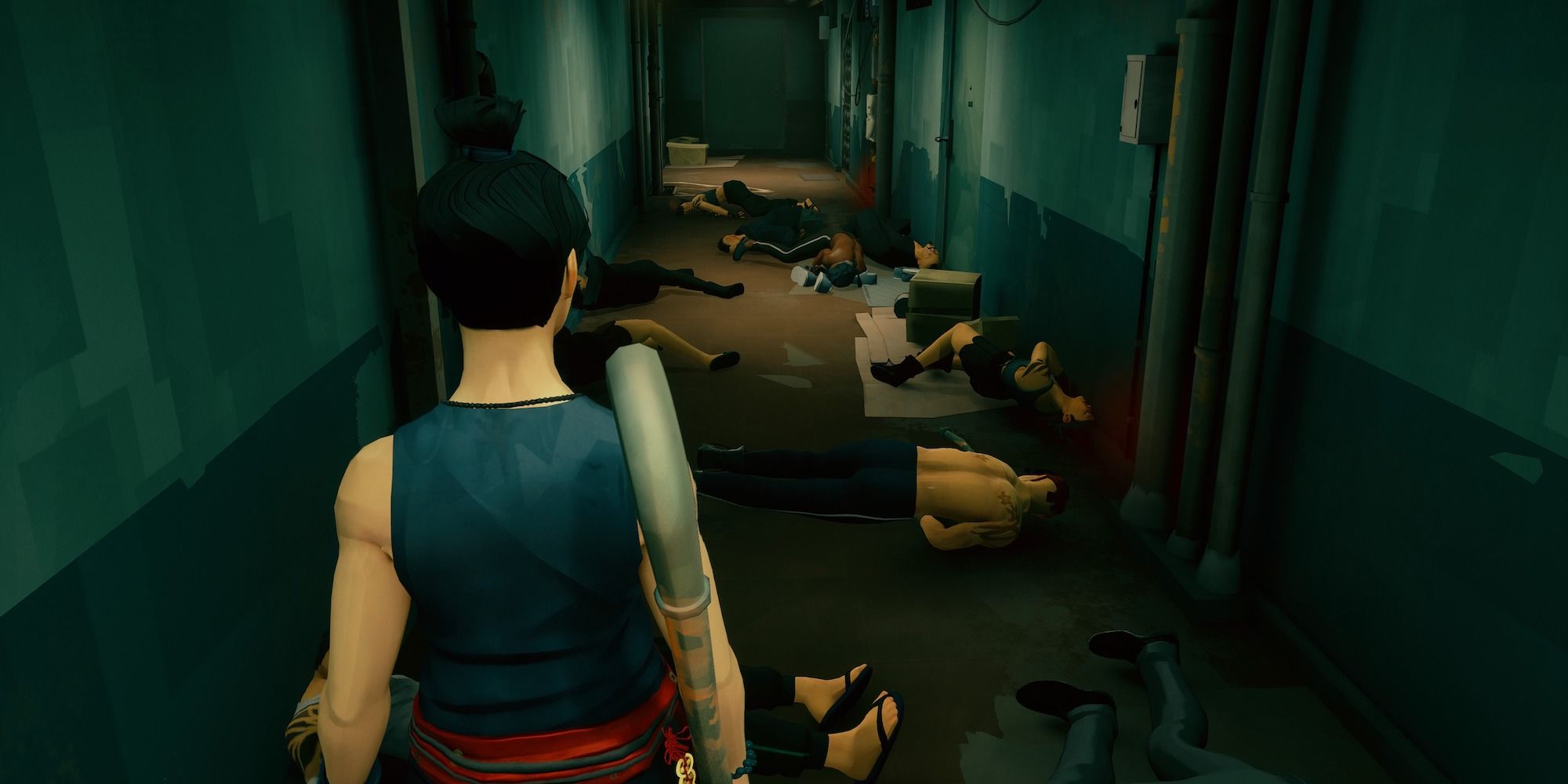
.jpg)
